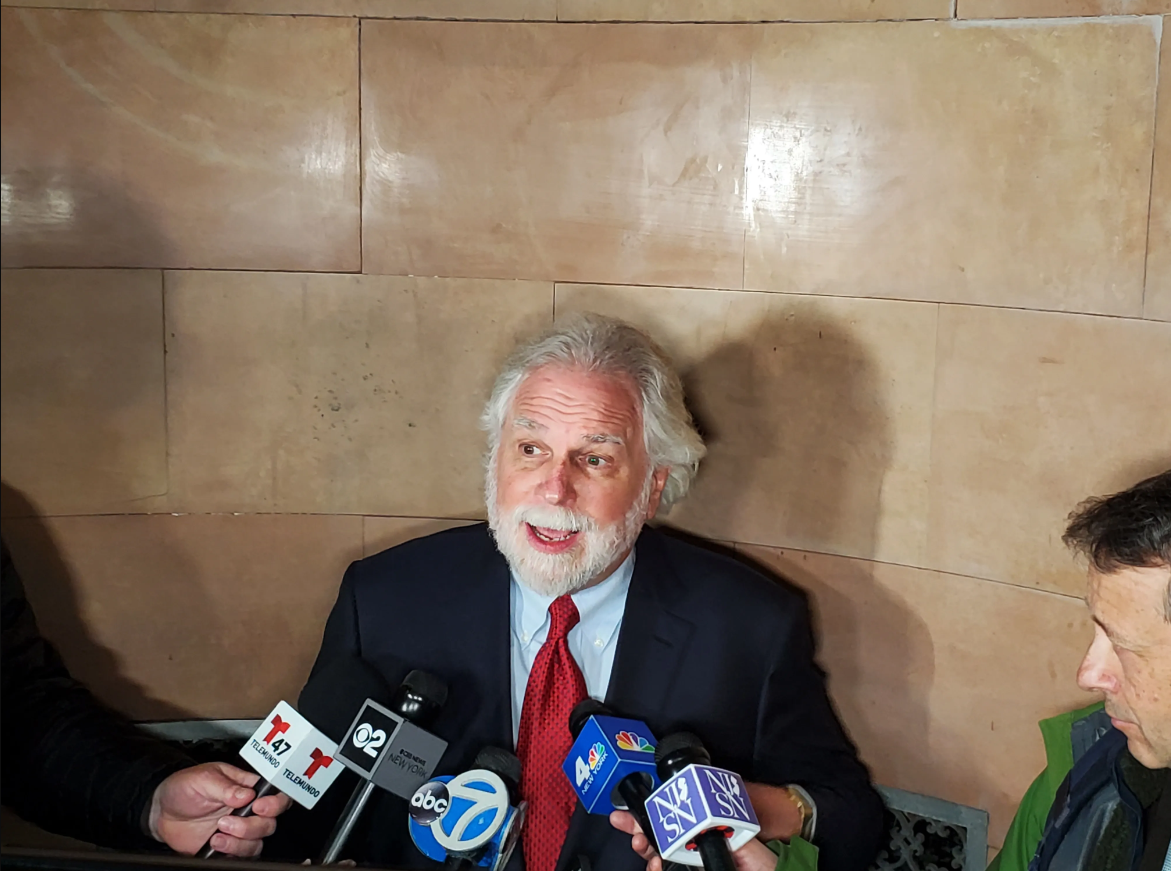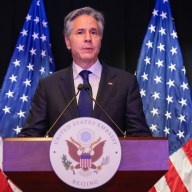Simon’s brief absence keenly felt
American Idol arrived in New York, a city with a world-class reputation as a weirdo magnet — and a potentially endless two hours that begins with Ian Benardo, an camp fame junkie with a triple dip of Manhattan attitude whose claim to fame was a hilariously ugly audition for So You Think You Can Dance last year.
Ian is a particularly noisy specimen of reality TV parasite, a growing host of human remora fish trailing in the wake of auditions, hoping to hog a few prime time minutes by being as irritating as possible; it obviously works.
It’s New York, so it’s not surprising that the show quickly devolves into a production of Chorus Line, as staged by the inmates of Bellevue, Manhattan’s venerable psychiatric hospital. If Idol’s audition shows are a showcase of inappropriate self-esteem and unreasonable expectations, the New York show is the delusional pentathlon.
After a brief interlude with the female equivalents of Will Ferrell and Chris Kattan’s Butabi brothers from A Night At The Roxbury (“You are so the best singer that I know!”) — both of whom get a ticket to Hollywood — there’s a montage of gruesome male auditions, before an all-too-perfect climax with Kia, the sort of soulful belter that Idol loves, and inevitably discards just before the finals.
A hungover Simon absents himself from the start of day two, and his absence is keenly felt as the next two singers plead interminably for another chance, and no one has the bottle to stomp on the tattered shreds of their deluded hope.
Simon returns in time to win my admiration for abstaining from a congratulatory group hug initiated by a greenlit contestant, then initiates this week’s Idol controversy by suggesting that a male contestant with a contralto singing range should be wearing a dress and heels.
The night ends with the sort of jaw-dropping human implosion that only New York could produce — Isadora, an unstable slurry of talent-free expression clad in a carapace of unshakable confidence.
She sums up too well the unsafe foundations beneath the Big Apple’s famous creativity, a roiling, self-cannibalizing mass of audacious self-deception.
















